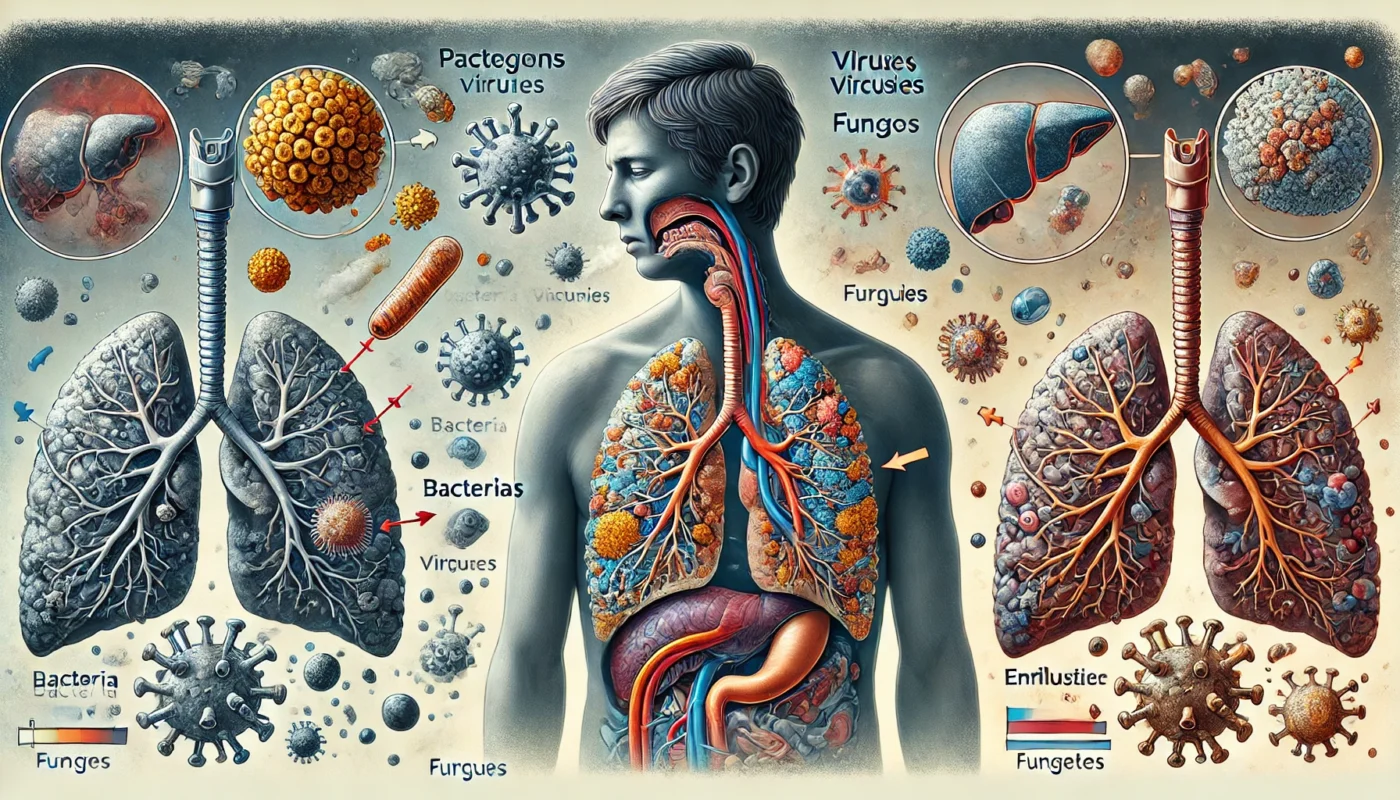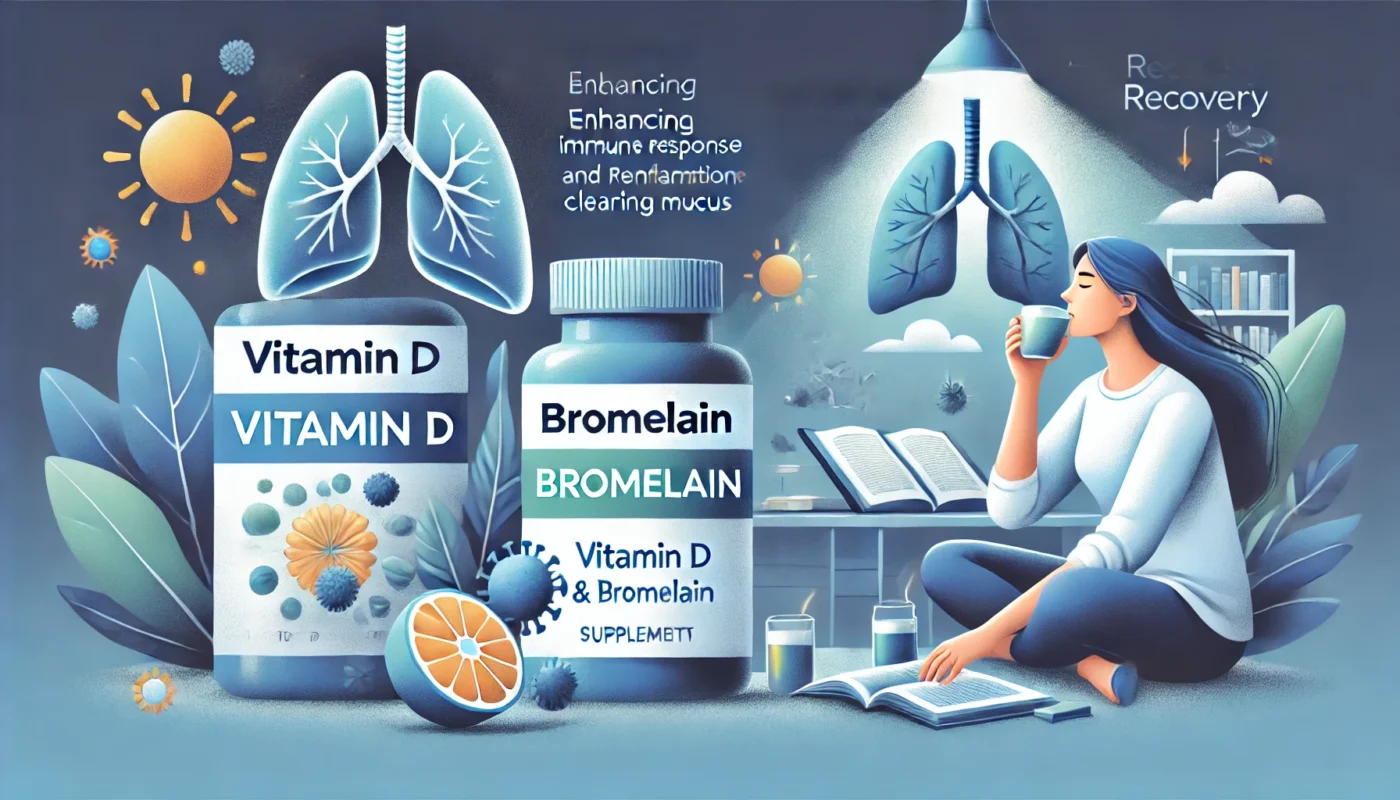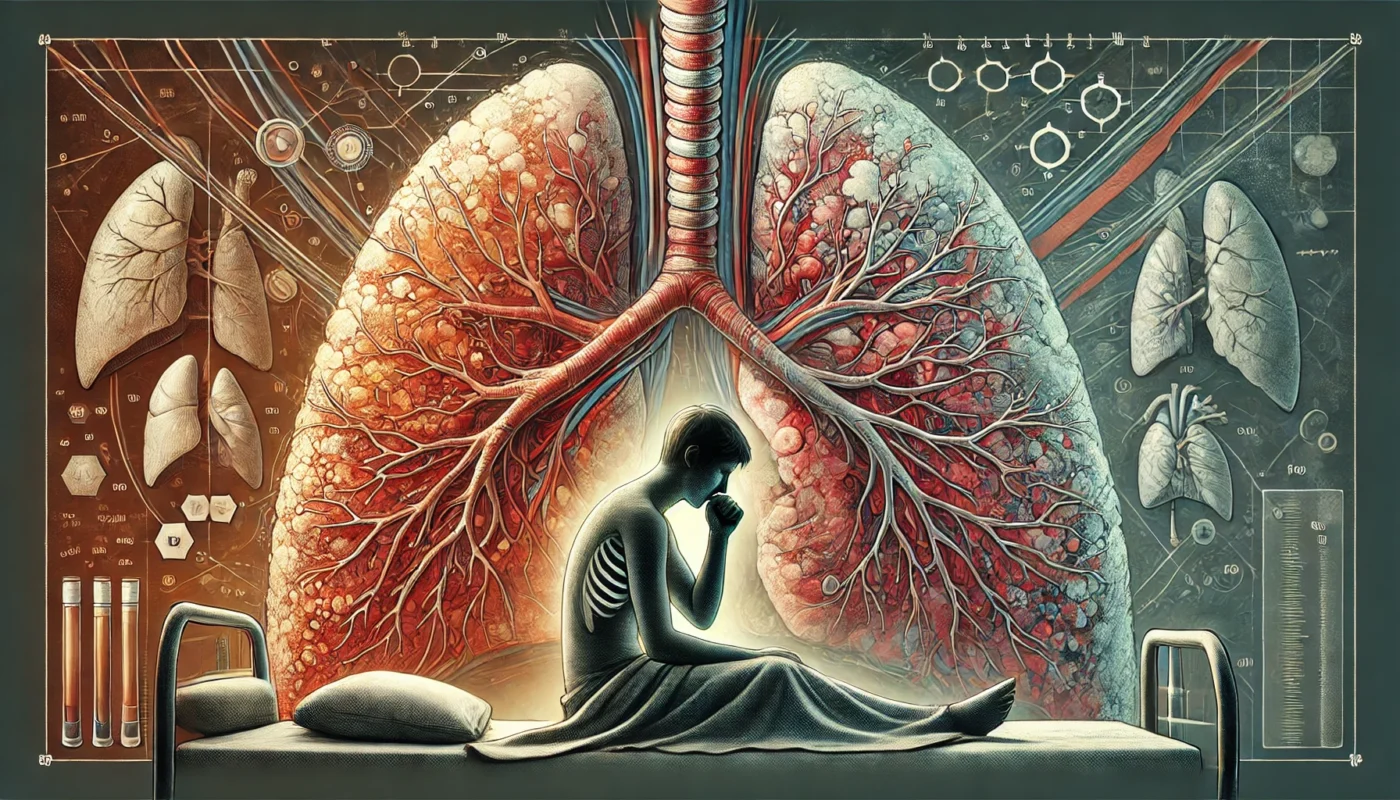Pneumonia is a significant respiratory condition with profound global health implications. This article provides an in-depth exploration of pneumonia, including its symptoms, causes, treatment options, healing strategies, and prevention measures. The information presented is supported by clinical studies and evidence-based findings, catering to a college graduate-level audience.
You May Also Like:
COPD: Description, Symptoms, Causes, Treatment Options, Healing, and Steps for Possible Prevention
What is Pneumonia?
Pneumonia is an inflammatory condition of the lungs, primarily affecting the alveoli. It is often caused by infections due to bacteria, viruses, fungi, or other microorganisms. The condition can range from mild to severe, depending on the patient’s overall health, age, and the specific pathogen involved.
Globally, pneumonia is a leading cause of morbidity and mortality, particularly among children under five years and adults over 65. According to the World Health Organization (WHO), pneumonia accounted for over 14% of all deaths among children under five in 2019. Despite advancements in treatment, pneumonia remains a major public health concern.

Symptoms of Pneumonia
Pneumonia manifests through a variety of symptoms, which can vary depending on the infectious agent and the individual’s immune response. Common symptoms include:
- Persistent cough, often producing mucus (sputum) that may appear green, yellow, or tinged with blood.
- Fever, chills, and sweating.
- Shortness of breath or difficulty breathing.
- Chest pain that worsens with deep breathing or coughing.
- Fatigue and general malaise.
- Confusion or altered mental state, especially in older adults.
For some individuals, particularly those with weakened immune systems, symptoms may be subtler, making diagnosis challenging.
Causes of Pneumonia
The causes of pneumonia are diverse and often categorized based on the type of infectious agent or the environment where the infection was acquired:
- Bacterial Pneumonia: The most common bacterial cause is Streptococcus pneumoniae. Other culprits include Haemophilus influenzae and Mycoplasma pneumoniae. Bacterial infections are more common in adults and often follow an upper respiratory infection.
- Viral Pneumonia: Viruses such as influenza, respiratory syncytial virus (RSV), and coronaviruses (e.g., SARS-CoV-2) can cause pneumonia. Viral infections tend to be less severe but can lead to secondary bacterial infections.
- Fungal Pneumonia: More common in individuals with compromised immune systems, fungi such as Histoplasma and Pneumocystis jirovecii can cause severe lung infections.
- Aspiration Pneumonia: This occurs when food, liquids, or vomit are inhaled into the lungs, often in patients with swallowing difficulties or reduced consciousness.
- Healthcare-Associated Pneumonia (HCAP): Includes ventilator-associated and hospital-acquired pneumonia, often caused by antibiotic-resistant organisms.

Treatment Options for Pneumonia
The treatment approach depends on the type and severity of pneumonia as well as patient-specific factors.
1. Pharmacological Treatments
- Antibiotics: The cornerstone of treatment for bacterial pneumonia. Broad-spectrum antibiotics are often initiated before tailoring therapy based on culture results.
- Antiviral Medications: Used for viral pneumonia caused by influenza or SARS-CoV-2. Oseltamivir and remdesivir are examples.
- Antifungal Agents: Effective for fungal pneumonia, such as fluconazole or itraconazole.
2. Oxygen Therapy
Patients with severe pneumonia and hypoxemia may require supplemental oxygen or mechanical ventilation in critical cases.
3. Supportive Care
- Adequate hydration and rest.
- Antipyretics and analgesics for fever and pain management.
A clinical study published in The Lancet Respiratory Medicine (2020) highlighted that early intervention with targeted antibiotics reduced mortality rates in patients with bacterial pneumonia by 25%.
Nutritional Supplementation
Nutritional interventions can complement medical treatments and support recovery. The following supplements have shown potential in managing pneumonia:
- Vitamin D: Plays a critical role in immune regulation and respiratory health. A meta-analysis published in BMJ (2017) found that vitamin D supplementation reduced the risk of acute respiratory infections, including pneumonia.
- Zinc Picolinate: Zinc is vital for immune function. A randomized controlled trial in The American Journal of Clinical Nutrition (2014) reported that zinc supplementation in children reduced the duration and severity of pneumonia.
- Bromelain: Derived from pineapple, bromelain exhibits anti-inflammatory and mucolytic properties. A study in Evidence-Based Complementary and Alternative Medicine (2016) demonstrated that bromelain supplementation improved respiratory function in patients with chronic bronchitis and pneumonia.
- N-Acetylcysteine (NAC): A potent antioxidant and mucolytic agent. Research published in Respiratory Medicine (2015) indicated that NAC improved sputum clearance and reduced inflammation in pneumonia patients.
- Quercetin: This flavonoid has antiviral and anti-inflammatory effects. A 2020 study in Frontiers in Immunology suggested that quercetin could inhibit viral replication and reduce lung inflammation.

Healing Strategies for Pneumonia
Recovering from pneumonia involves more than pharmacological treatment. Comprehensive strategies include:
- Adequate Rest: Sleep and reduced physical exertion allow the body to repair lung tissue.
- Hydration: Maintaining optimal hydration levels helps thin mucus, facilitating its clearance from the lungs.
- Breathing Exercises: Techniques like diaphragmatic breathing and incentive spirometry improve lung function and prevent complications like atelectasis.
- Nutritional Support: Consuming a diet rich in antioxidants (e.g., vitamins A, C, and E) and lean proteins supports immune recovery.
- Smoking Cessation: Smoking cessation is crucial, as it impairs mucociliary clearance and exacerbates lung inflammation.
Steps for Possible Prevention
Preventing pneumonia involves proactive measures to strengthen the immune system and reduce exposure to risk factors. Key strategies include:
- Vaccination: Vaccines for Streptococcus pneumoniae (e.g., PCV13, PPSV23) and influenza significantly reduce the risk of pneumonia.
- Hand Hygiene: Regular handwashing with soap and water can prevent the transmission of pathogens.
- Smoking Avoidance: Avoiding smoking or exposure to secondhand smoke reduces the risk of respiratory infections.
- Healthy Lifestyle: Regular exercise, balanced nutrition, and stress management contribute to a resilient immune system.
- Timely Treatment of Respiratory Infections: Promptly addressing colds and flu can prevent progression to pneumonia.
Conclusion
Pneumonia remains a serious global health challenge, especially among vulnerable populations. Understanding its symptoms, causes, and treatment options is essential for effective management and recovery. Nutritional interventions, such as zinc and vitamin D supplementation, along with pharmacological treatments, can enhance recovery outcomes. Preventative measures like vaccination and smoking cessation are crucial for reducing the risk of pneumonia. By adopting a holistic approach that integrates medical care with lifestyle modifications, individuals can promote respiratory health and resilience against pneumonia.

References
- Quercetin and its derivates as antiviral potentials: A comprehensive review. Retrieved from: https://pmc.ncbi.nlm.nih.gov/articles/PMC8662201/
- Bromelain exerts anti-inflammatory effects in an ovalbumin-induced murine model of allergic airway disease. Retrieved from: https://pmc.ncbi.nlm.nih.gov/articles/PMC2576519/
- Advances in the Use of N-Acetylcysteine in Chronic Respiratory Diseases. Retrieved from: https://pmc.ncbi.nlm.nih.gov/articles/PMC10526097/
- Zinc supplementation for the prevention of pneumonia in children aged 2 months to 59 months. Retrieved from: https://pubmed.ncbi.nlm.nih.gov/27915460/
- Vitamin D supplementation to prevent acute respiratory tract infections: systematic review and meta-analysis of individual participant data. Retrieved from: https://pubmed.ncbi.nlm.nih.gov/28202713/
Important Note: The information contained in this article is for general informational purposes only, and should not be construed as health or medical advice, nor is it intended to diagnose, prevent, treat, or cure any disease or health condition. Before embarking on any diet, fitness regimen, or program of nutritional supplementation, it is advisable to consult your healthcare professional in order to determine its safety and probable efficacy in terms of your individual state of health.
Regarding Nutritional Supplements Or Other Non-Prescription Health Products: If any nutritional supplements or other non-prescription health products are mentioned in the foregoing article, any claims or statements made about them have not been evaluated by the U.S. Food and Drug Administration, and such nutritional supplements or other health products are not intended to diagnose, treat, cure, or prevent any disease.

